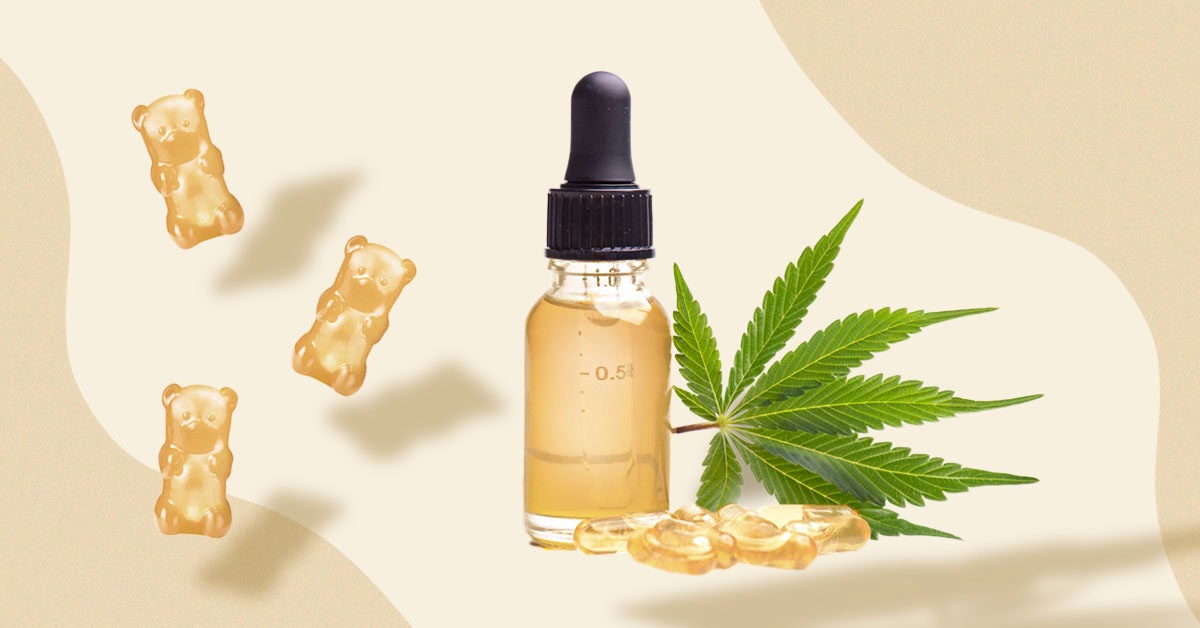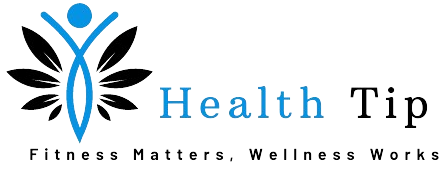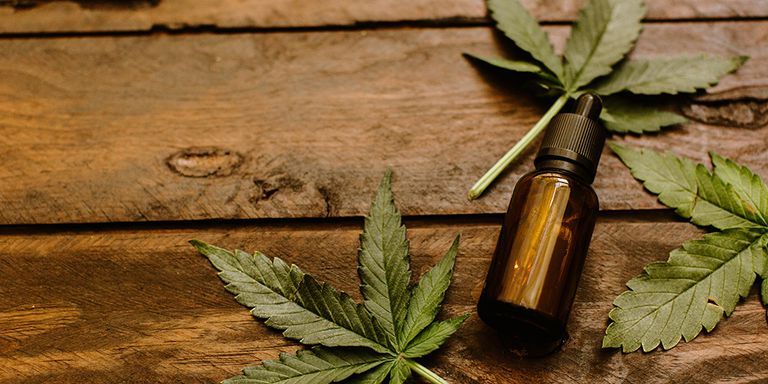
Even if you receive yearly check-ups and screenings and do not have a history of cancer in your family, it is still possible that cancer cells can form in your body and spread and grow. If you do not know about how to prevent or treat this disease, please read the tips contained within this article.
It is important to learn as much about cancer as possible when you are diagnosed with it. There are things that can be done to make the symptoms more manageable at times but you need to take the prerogative to learn what they are and incorporate them into your life.
There are many different ways that people cope with cancer. Some of them good and some of them bad. Find a good way to cope with cancer. Some good coping methods include relaxation techniques, such as meditation, doing leisure activities or writing your feelings down in a journal.
In order to reduce the risk of getting cancer, follow this tip. Stain and grease proofing chemicals, such as the ones found in scotch guard and food packaging, contains many unhealthy carcinogens. These carcinogens are passed to food items when contact is made and enter the body through digestion. They also enter the skin when it touches scotch guarded fabric. Avoid these products at all costs.
Do not be afraid to ask for help following your cancer diagnosis. Friends and family members often want to do everything they can to assist you; let them pick up items from the grocery store, take you to appointments or make you dinner. It makes them feel good to do something for you, and it makes your life a little easier.
Cosmetic products often contain carcinogens. These products are applied to the skin and allowed to sit there for hours being absorbed by the skins pores and leading to a greater chance of getting cancer. In order to cut this risk, avoid cosmetic products that contain ingredients with “PEG” or “-eth” in the name.
Immediately after your cancer diagnosis, begin investigating insurance options. Look into whether or not your state gives assistance to people suffering from cancer. You may also want to research The Family and Medical Leave Act and the Americans With Disabilities Act; it is important to make sure you are covered during this time.
Make it a priority to sit down and really listen to the feelings and concerns of anyone close to you who has received a cancer diagnosis. Give your loved one a chance to express all of his deep feelings about his diagnosis and do your best to listen attentively. When you are listening, remember that this time exists for them and their health, so avoid interruptions and withhold personal opinions.
Prepare yourself and your family for the worst if you have cancer. You always want to remain optimistic, but you also have to be realistic. You should have everything planned should the worst happen and you not recover. It’s depressing and incredibly sad, but it is a possible truth you are facing and it needs to be dealt with.
We all know that carrots are good for your eyesight, but this root vegetable is also essential in fighting against cancer. It’s amazing how simple things from nature can help to prevent such a disease; and with the beta-carotene and falcarinol found in carrots, throat, stomach, lung, bladder and other types of cancers can be prevented.
Now, of course, one article full of tips does not make you an expert, but arming yourself with little tips and tactics you can use if the worst does happen is a great way to make sure you can beat the disease. Better safe than sorry applies for almost everything in life, especially cancer. Use what you’ve learned here to your benefit.



